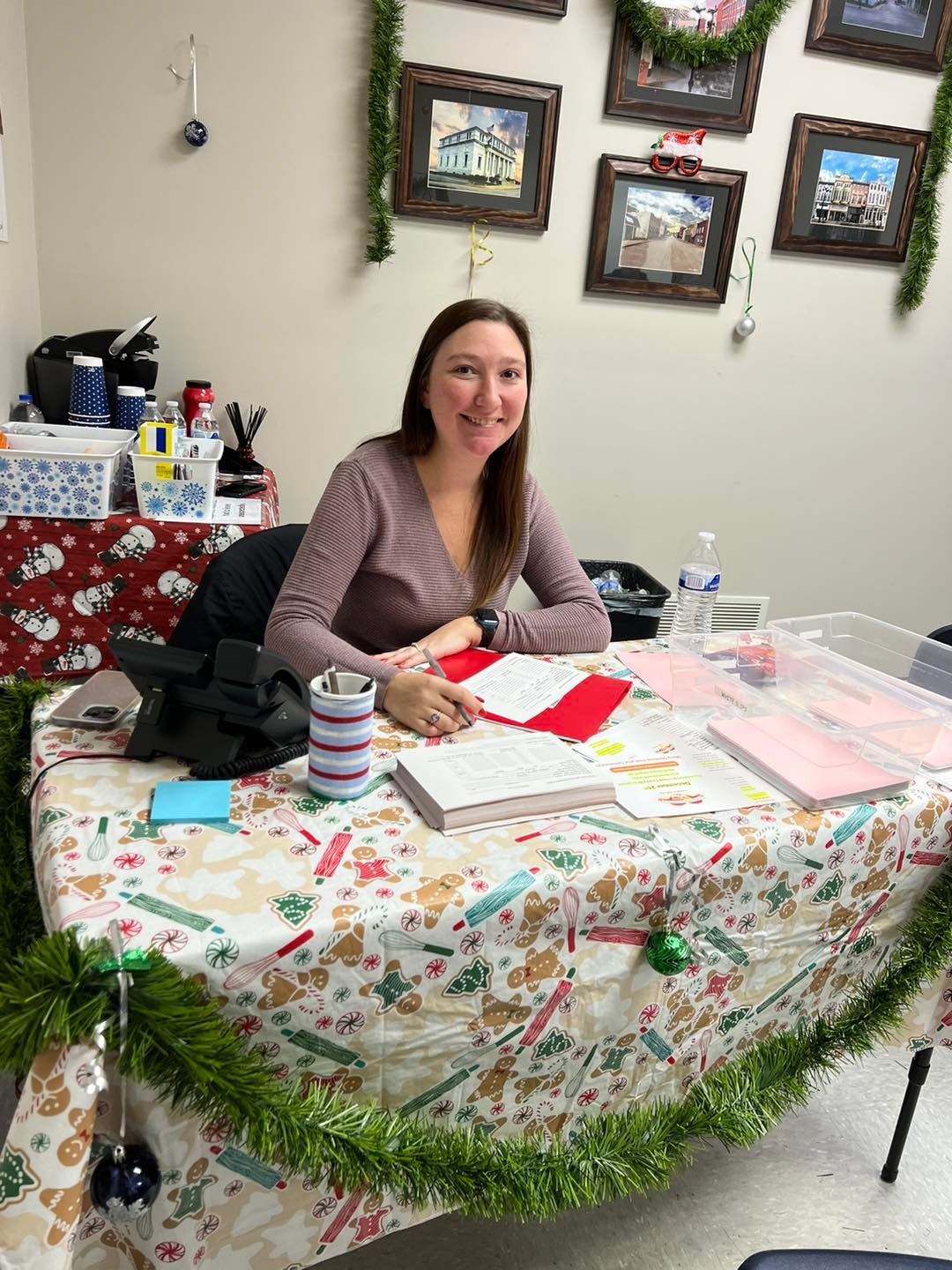Mind and Body: Bullying comes in many forms
Published 9:32 am Thursday, October 18, 2018
By Angela Bereznak
Health Educator, Clark County Health Department
National Bullying Prevention Month is a campaign in the U.S. founded in 2006 by PACER’s National Bullying Prevention Center.
The campaign is observed annually during October and unites communities nationwide to educate and raise awareness of bullying prevention.
Initially held the first week in October, the event expanded in 2010 to the entire month.
PACER developed the initial campaign, National Bullying Prevention and Awareness Week, to raise awareness about bullying.
Historically, bullying had been viewed as “a childhood rite of passage” that “made kids tougher,” but the reality has always been bullying can leave devastating and often long-term effects such as a loss of self-esteem, increased anxiety and depression for those involved.
There are four types of bullying: verbal, social, physical, and cyberbullying.
Verbal bullying includes teasing, name-calling, inappropriate sexual comments, taunting and threatening to cause harm.
Social bullying includes leaving someone out on purpose, telling others not to be friends with someone, spreading rumors about someone and embarrassing someone in public.
Physical bullying includes hitting, kicking, pushing, spitting, tripping, taking or breaking someone’s things and making mean or rude hand gestures.
Cyberbullying includes sending, posting or sharing negative, harmful, false or mean content about someone else. Cyberbullying takes place over digital devices like cellphones, computers and tablets. Cyberbullying commonly occurs on social media such as Facebook, Instagram, Snapchat and Twitter, text messaging and email.
Bullying often goes unreported for several reasons. Children may feel ashamed or doubtful anyone will help them and fear backlash from the person who is bullying them.
Clark County Public Schools has created The Safety Tipline Online Prevention (S.T.O.P.) tip line. The tip line is designed as an online reporting and prevention tool.
If students, parents or community members know of an unsafe situation in school (bullying, weapons, drugs or alcohol, etc.), they can anonymously pass on that information to school personnel by using this basic email format. More information can be found atkycss.org/stop/about.php.
The thought that people are bullied is heart-breaking.
I was bullied from kindergarten through 12th grade by various people. It was a terrible, humiliating and confusing experience.
I didn’t understand why I was singled out. Why me? Was there something wrong with me? Did they bullies think I wasn’t as important as them?
I developed incredibly low self-esteem.
I didn’t want to go to school because I knew I’d be laughed at, teased and taunted.
If you are being bullied or know someone who is bullied, please speak up. Tell a trusted adult and ask for help.
If you feel the adult you told isn’t alleviating the situation, tell someone else.
Bullying is unnecessary and needs to stop.
Information for this article was obtained fromstopbullyingnowfoundation.org and kycss.org. The Clark County Health Department provides programs for the entire family, including WIC, HANDS, family planning, well child care/immunizations, and home health care. For more information, call 744-4482 or visit clarkhealthdept.org.





